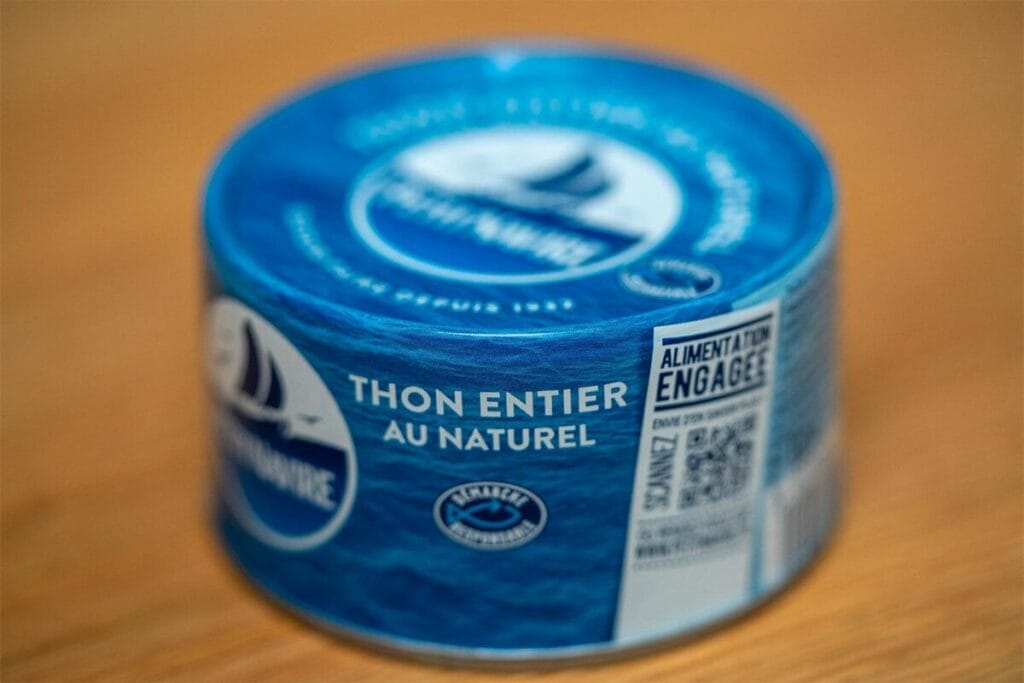NGOs Bloom and Foodwatch are warning about widespread mercury contamination of canned tuna in Europe, described as a “public health scandal.” According to a report published on Tuesday, all the cans tested in five European countries (France, Germany, England, Spain, Italy) show traces of mercury.
**Worrying levels and questionable tolerances**
The study reveals that more than half of the 148 tested cans exceed the maximum allowed mercury content for other fish, set at 0.3 mg/kg. Currently, the regulatory threshold for tuna is 1 mg/kg, based on fresh weight and not on the canned product. Bloom criticizes this standard, arguing that it promotes the sale of tuna rather than protecting public health.
**A well-documented danger**
Mercury, classified by the World Health Organization (WHO) among the ten most concerning substances for health, can transform into methylmercury in the ocean, a highly toxic form. Prolonged exposure can cause severe neurological disorders.
**Call to action and response from industry**
The NGOs are calling on the European Union to reduce the mercury tolerance in tuna to 0.3 mg/kg, in line with standards for other species. In France, the brand Petit Navire is being singled out for a can reaching 3.9 mg/kg. The company responded by assuring that its products comply with current standards and that no anomalies have been detected during the 270 inspections conducted in the past three years.


